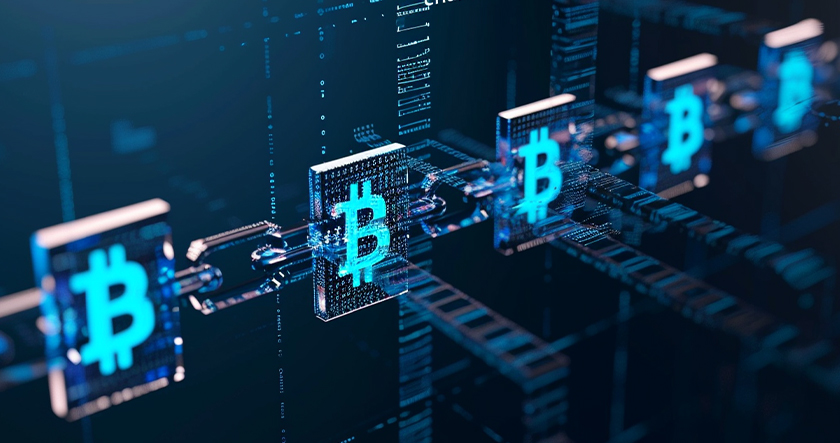Artificial intelligence (AI) is rapidly transforming our world, from facial recognition software to self-driving cars. But with this immense power comes a growing concern: control. Currently, AI development is largely dominated by a handful of powerful tech companies. This centralization raises questions about bias, transparency, and the potential for misuse. In this article, we explore the compelling arguments for a decentralized approach to AI – and how blockchain technology can help get us there.
The current model of deeply centralized AI development is rife with potential problems. When a small group controls development, their specific biases and priorities are more likely to be reflected in the AI’s decision-making, leading to discriminatory outcomes in areas like loan approvals, facial recognition, or even hiring practices. Furthermore, when AI development happens behind closed doors, it’s difficult to understand how these algorithms work and why they make certain decisions.
There’s also the problem of centralized control. Concentrated AI development grants immense power to a few companies, raising concerns about potential misuse for surveillance, manipulation, or even the development of autonomous weapons.
Decentralized development, on the other hand, distributes power and makes it harder for any one entity to exert undue control. It opens the door for a wider range of ideas and collaborations, fostering innovation and accelerating progress in the field. Decentralization can democratize AI development, making it more accessible to smaller players and startups, potentially leading to solutions that address a wider range of problems and benefit a broader population.
But how can decentralized development be realized when AI development and operation requires a vast amount of computing power? Rather than utilizing hyperscale centralized cloud platforms, argues Alex Goh of CoinDesk, AI development could be blockchain based – thus effectively decentralizing it.
When you consider it, blockchain and AI are a natural match that effectively overcome the shortcomings of centralized AI development. By distributing training data and model development across a wider network, blockchain can help reduce bias inherent in centralized systems. Additionally, the immutable nature of blockchain allows for auditing data used to train AI, potentially identifying and mitigating bias.
Based on its infrastructure, blockchain can facilitate the secure sharing and access to training data for AI models. This would help overcome data silos and empower collaboration, leading to the development of more robust and generalizable AI.
Crucially, blockchain’s distributed ledger technology provides a secure and tamper-proof platform for storing and executing AI models. Once implemented, using blockchain would increase transparency in how AI decisions are made and make it harder to manipulate data or algorithms for malicious purposes.
With blockchain networks tapping into significant amounts of hardware, the only barrier to developing AI using blockchain at present is a matter of education. Once more developers understand that blockchain can offer more secure, more efficient, and less expensive access to AI development, it’s only a matter of time before it becomes a reality.







